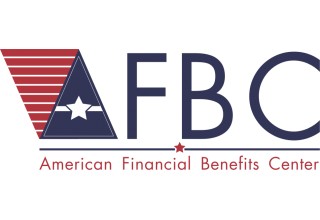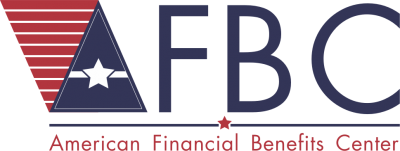American Financial Benefits Center: It's Worse Than It Looks for Student Loan Borrowers

EMERYVILLE, Calif., September 10, 2018 (Newswire.com) - Default rate statistics, at least the ones used by the federal government, might not be telling the full story. Official statistics show that, of borrowers who started paying in 2012, just 10 percent had defaulted in 2014. These are the numbers the government uses to make policy decisions and to hold educational institutions accountable for their allocation of federal aid dollars. But, if the government had continued to track borrowers until 2016, defaults continued to climb to 15.5 percent. This means that more than a quarter million borrowers went into default in the next two years, bringing the total to 841,000. This disparity may have a significant impact on the lives of borrowers struggling with overwhelming student loan debt. American Financial Benefits Center (AFBC) is a document preparation company that guides its clients through the sometimes difficult process of applying for and maintaining enrollment in federal programs, such as income-driven repayment plans (IDRs).
"Broadly speaking, it appears that paying back student loans is more fraught than the government recognizes," said Sara Molina, manager at AFBC. "For us, each borrower is an individual with their own concerns and unique situation. We strive to find individualized solutions to each student loan challenge and want each borrower to stay with us so we can help them for the life of the loan.”
For us, each borrower is an individual with their own concerns and unique situation. We strive to find individualized solutions to each student loan challenge and want each borrower to stay with us so we can help them for the life of the loan.
Sara Molina, Manager at AFBC
Not only was the tracking period stopped early, it only tracked those officially in default and not those who were severely delinquent or who had stopped paying their loans without going into default. Including these students, the number of students severely struggling rose to 30 percent after just four years.
Individual higher learning institutions with default rates above 30 percent for three years, or higher than 40 percent for any single year, are at risk of losing their access to federal aid. Due to this relatively lenient standard, and the government’s low numbers on default, only 93 institutions were in immediate danger of losing their aid. If colleges had been held to statistics calculated two years later, 636 schools would have had disqualifying default rates, and this does not even include those borrowers who are severely delinquent or had quit paying but hadn’t yet officially defaulted.
In addition to the relatively low bars they have to clear, some institutions of higher learning aggressively push troubled borrowers into deferment, which, though it may have negative consequences for borrowers, keeps default numbers low for the college. A much better alternative for many borrowers is an IDR that can reduce a qualifying borrower's payments to 10 to 15 percent of their discretionary monthly income, even as low as $0 per month. Not only that, IDRs are also eligible for federal loan forgiveness after 20 to 25 years of enrollment in the program.
"Across this country, there is a tremendous toll paid by borrowers overburdened by student loan debt,” said Molina. “IDRs can allow borrowers to lower their monthly payments so they can pursue their dreams instead of barely having enough money to make it to the end of each month."
About American Financial Benefits Center
American Financial Benefits Center is a document preparation company that helps clients apply for federal student loan repayment plans that fit their personal financial and student loan situation. Through its strict customer service guidelines, the company strives for the highest levels of honesty and integrity.
Each AFBC telephone representative has received the Certified Student Loan Professional certification through the International Association of Professional Debt Arbitrators (IAPDA).
American Financial Benefits Center Newsroom
Contact
To learn more about American Financial Benefits Center, please contact:
American Financial Benefits Center
1900 Powell Street #600
Emeryville, CA 94608
1-800-488-1490
info@afbcenter.com
Source: American Financial Benefits Center


